COVID Transmission: A Scientist’s Insight on What Matters
/0 Comments/in COVID Health, COVID Podcasts, Featured, Healthcare, Podcast Hubwonk, rCOVID /by Editorial StaffJoin Joe Selvaggi and Pioneer Institute co-host Bill Smith as they talk with Harvard Medical School’s Dr. Ed Nardell about his scientific observations on how the novel coronavirus is spread and what can be done to make our schools, buildings, and lives in public safer.
Guest:
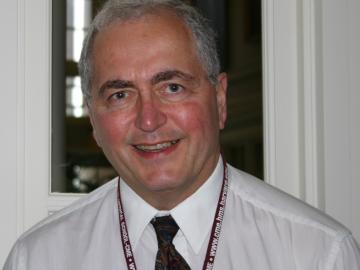 Dr. Ed Nardell is a professor in the Departments of Medicine and of Global Health and Social Medicine at Harvard Medical School and an associate professor in the Departments of Immunology and Infectious Diseases and of Environmental Health at the Harvard School of Public Health. His research interests involve the control of tuberculosis under resource-limited conditions, with a focus on the pathogenesis of drug-resistant tuberculosis, its airborne transmission, and transmission control in institutions. Another long-standing research avenue is the application of germicidal irradiation to reduce airborne transmission.
Dr. Ed Nardell is a professor in the Departments of Medicine and of Global Health and Social Medicine at Harvard Medical School and an associate professor in the Departments of Immunology and Infectious Diseases and of Environmental Health at the Harvard School of Public Health. His research interests involve the control of tuberculosis under resource-limited conditions, with a focus on the pathogenesis of drug-resistant tuberculosis, its airborne transmission, and transmission control in institutions. Another long-standing research avenue is the application of germicidal irradiation to reduce airborne transmission.
Get Our COVID-19 News, Tips & Resources!
Recent Episodes

Protectionism’s Bipartisan Embrace: Who Pays When Imports Cost More

Universal Savings Accounts: Designing Tax Incentives that Pay to Save

Precision Law Enforcement: Can Gunfire Detection Technology Serve and Protect Everyone?
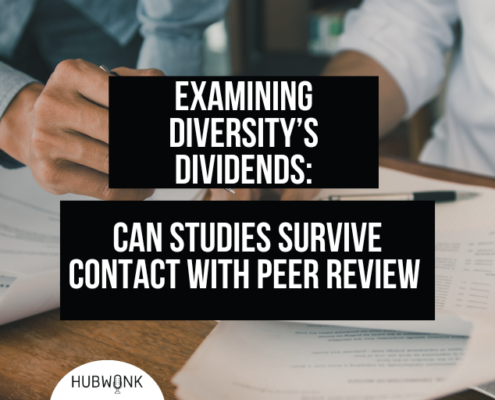
Examining Diversity’s Dividends: Can Studies Survive Contact with Peer Review
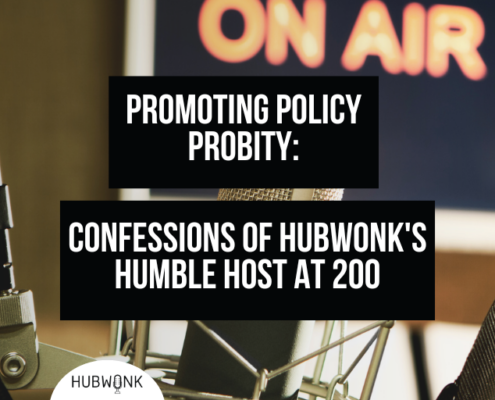
Promoting Policy Probity: Confessions of Hubwonk’s Humble Host at 200
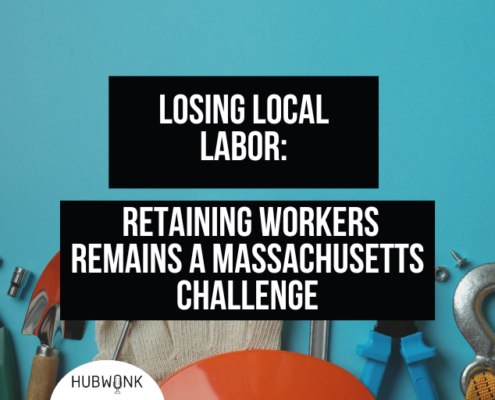
Losing Local Labor: Retaining Workers Remains a Massachusetts Challenge
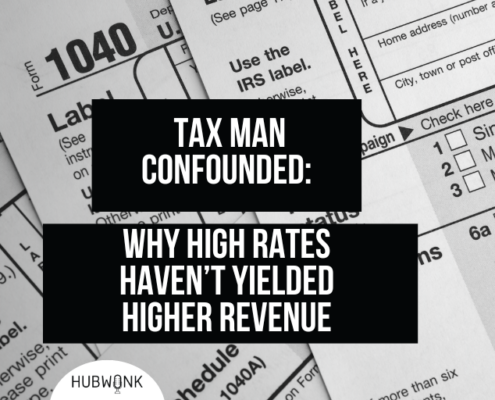
Tax Man Confounded: Why High Rates Haven’t Yielded Higher Revenue

Industrial Policy Reimaged: Can Government Improve Free Markets

Posting Patient Prices: Transparency Cure for Hospital Blank Checks

Constitutional Property Taking: Exclusionary Zoning’s Costs to Owners and Society

Poor Housing Incentives: Tax Credits Reward Politicians Not Neighbors in Need

Biden’s Budget Breakdown: Pragmatic Progress or Political Posturing

Genetic Therapy Revolution: Benefits and Barriers for Medicine’s New Horizon

Contours of Content Curation: SCOTUS Hears Online Free Speech Cases



